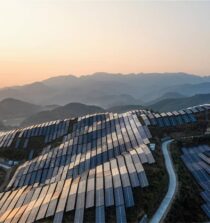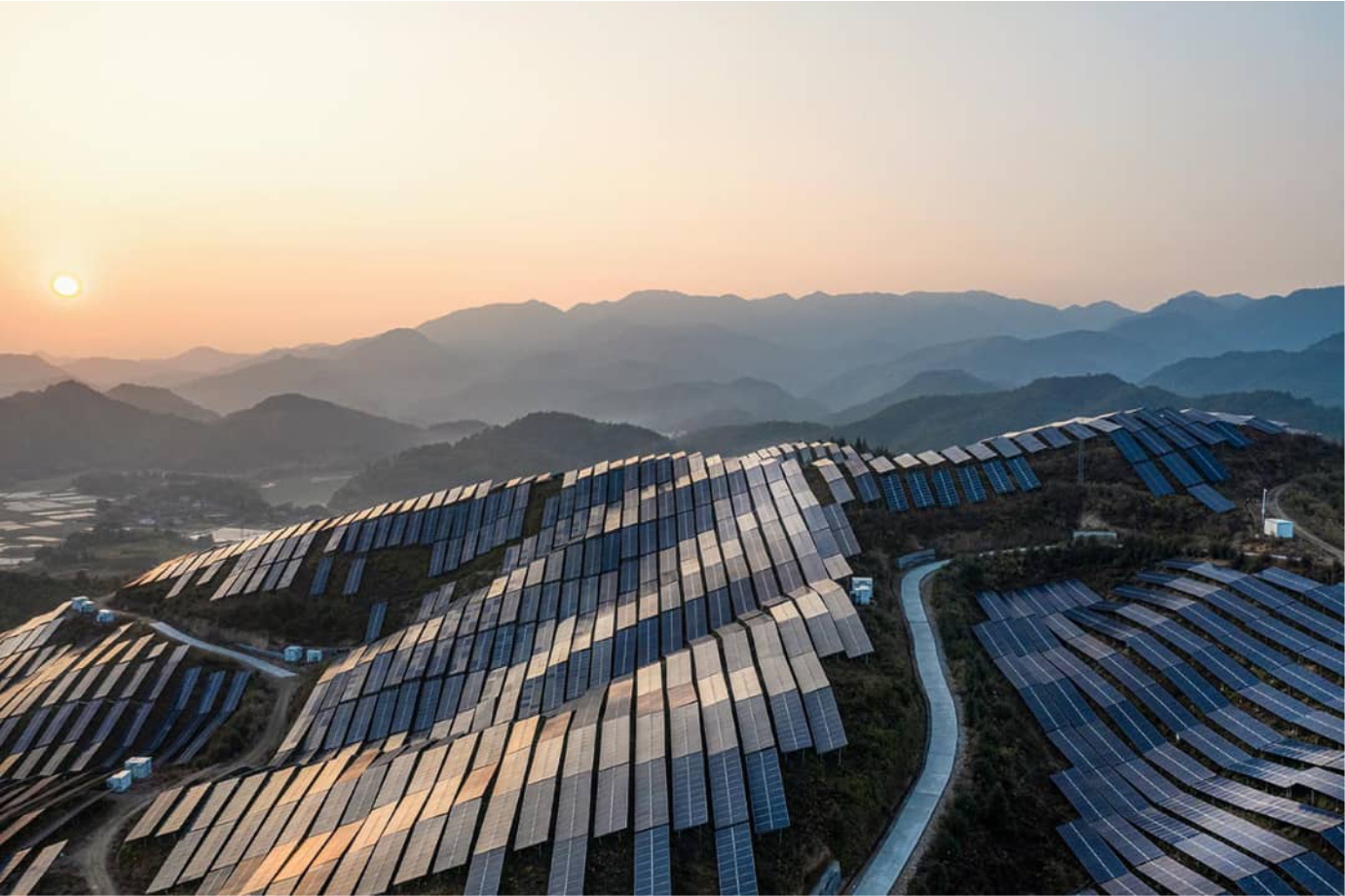*Business Interruption is #1 with 63% of responses. Natural Catastrophes is #2 with 30% of responses.
*Climate Change is #3 with 27% of responses. Fire and Explosion is #4 with 23% of responses.
*Critical Infrastructure Blackouts is #5 with 17% of responses.
*Addressing these risks is imperative to unlock the sector’s full potential and ensure a sustainable energy future.
By Oke Peter
The Allianz Risk Barometer 2024 has identified the top five risks confronting the renewable energy industry, underscoring the challenges and opportunities for stakeholders across Africa and the Middle East. These insights are crucial as the region strives to enhance its energy infrastructure and reduce reliance on fossil fuels. The report, based on insights from over 3,000 risk management professionals and business leaders, highlights the growing importance of addressing these risks to ensure business continuity and safeguard against potential disruptions.
1. Business Interruption (63% of responses):
Business interruption remains the foremost risk, driven by supply chain disruptions, operational challenges, and geopolitical tensions. This risk impacts project timelines and financial stability, emphasizing the need for robust risk management frameworks. To mitigate these risks, companies should invest in diversified supply chains, flexible operational strategies including critical equipment redundancy, and comprehensive insurance coverage that addresses potential interruptions.
2. Natural Catastrophes (30% of responses):
Natural disasters, such as floods, hurricanes, and earthquakes, continue to pose significant threats to renewable energy projects, especially those reliant on wind and solar power. Implementing resilient infrastructure designs and advanced forecasting technologies can help mitigate these risks. Allianz advocates for the integration of risk assessment and climate adaptation strategies into project planning to safeguard investments against natural calamities.
3. Climate Change (27% of responses):
Climate change, while also an impetus for renewable energy, poses operational challenges through unpredictable weather patterns and resource availability. To address this, stakeholders should prioritize sustainable practices and invest in research and development to enhance the resilience of renewable energy technologies. Collaborative efforts between governments and private entities can foster innovation and accelerate the transition to a low-carbon economy.
4. Fire and Explosion (23% of responses):
Although fire risks are well understood and typically well risk managed, fire risks rank #5 in the renewable energy sector in 2024, particularly concerning energy storage systems and biomass facilities. To mitigate these risks, stringent safety protocols, regular maintenance, and the adoption of cutting-edge fire prevention technologies are essential. Allianz emphasizes the importance of adhering to industry-wide standards and regulatory compliance to enhance safety and minimize hazards.
5. Critical Infrastructure Blackouts (17% of responses):
Critical infrastructure blackouts are a growing concern, as renewable energy systems become increasingly integrated into national grids. Ensuring grid stability and security through smart grid technologies and decentralized energy systems can reduce vulnerability to blackouts. Investment in infrastructure modernization and cross-sector collaboration is vital to maintain energy security and reliability.
As the renewable energy sector evolves, addressing these risks is imperative to unlock its full potential and ensure a sustainable energy future for Africa and the Middle East. Allianz remains committed to supporting the industry with tailored risk management solutions and expertise to navigate these challenges.









